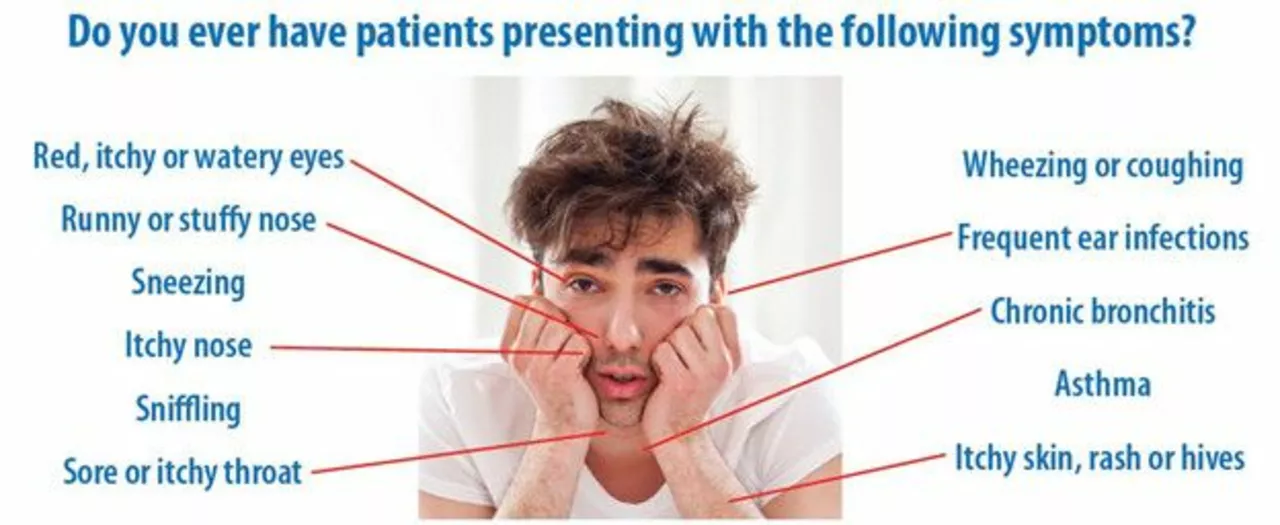Serious Health Condition — Practical Guides & Medication Safety
Dealing with a serious health condition is scary and confusing. This tag brings together clear, practical articles about real diseases (like cancer, asthma, and rare tumors), drug choices, and how to stay safe when you need meds. Expect plain-language guides, case studies, and hands-on tips you can use in doctor's visits.
What you’ll find here
We collect posts that answer concrete questions: Which drugs work for leptomeningeal metastases? Are inhalers linked to cancer risk? What are safe online pharmacies? You’ll see comparisons (for example, Wixela vs Symbicort), drug safety breakdowns (like amitriptyline or felodipine), and practical alternatives when a medicine isn’t right for you.
Each article focuses on one problem and gives takeaways you can act on. Want safer ways to buy medication online? There are step-by-step checks. Curious about newer treatments for alcohol dependence or alternatives to gabapentin for neuropathy? You’ll get pros, cons, and what to ask your clinician.
Quick medication safety checklist
When a condition is serious, the right drug and safe use matter. Follow these simple steps every time you start or change a medicine:
- Confirm the diagnosis and why the drug is recommended. Ask for test results if you can.
- Check for interactions: bring a full list of all your drugs and supplements to appointments.
- Verify dose and duration. Some meds need short courses, others long-term monitoring (thyroid meds, cancer therapies).
- Watch for specific red flags. For example, severe mood changes with some antidepressants, breathing changes with inhalers, or signs of liver trouble with certain cancer drugs.
- Use only verified pharmacies. Look for a physical address, pharmacist contact, and clear prescription requirements.
If you read a case study here (like erlotinib for leptomeningeal metastases), use it to ask better questions, not to self-prescribe. Case studies show what happened in one situation, not what will always work.
Need to change a medication? Ask about safe alternatives. Many articles lay out options: newer antidepressants instead of escitalopram, naltrexone or acamprosate for alcohol treatment, or different pain drugs if NSAIDs aren't right. The goal is a plan you and your doctor both trust.
Finally, keep records. Track symptoms, side effects, and what helps. That simple log makes follow-up appointments much more useful and can speed up finding the right treatment. If something feels off, call your care team — quick action often prevents bigger problems.
Browse posts under this tag to find focused, no-nonsense information for managing serious health issues. Use it to prepare for appointments, double-check options, and keep your care on track.

